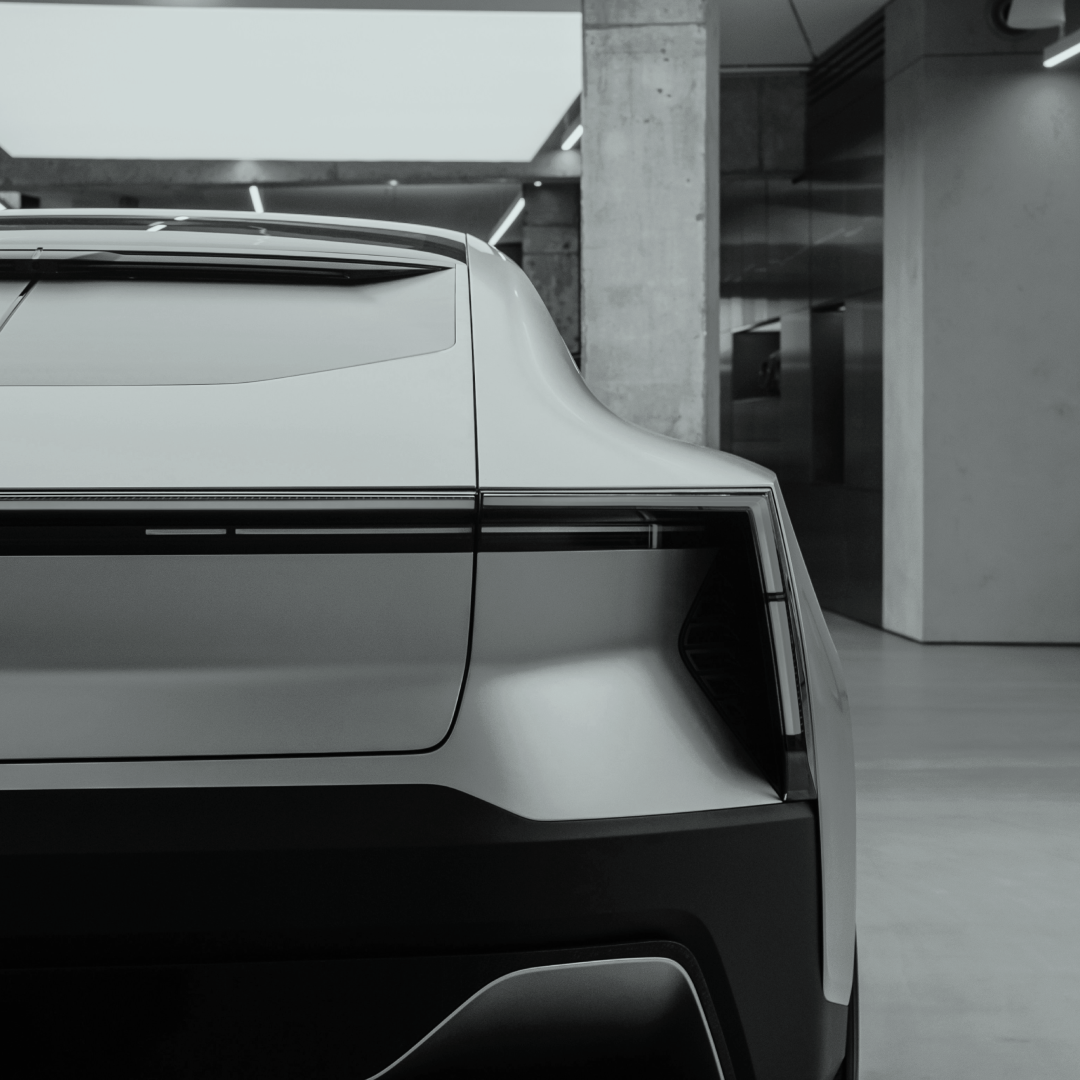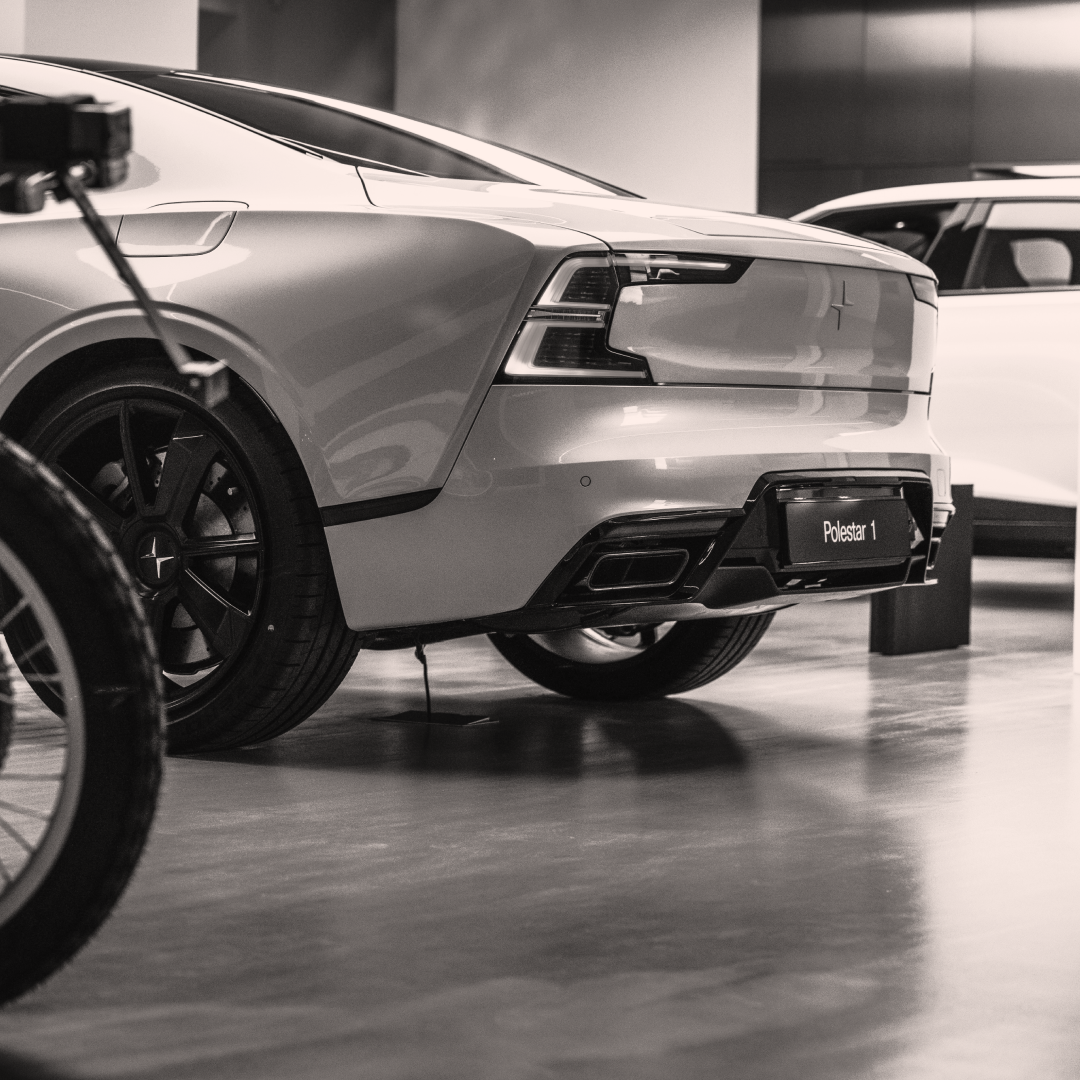Xpeng: From Startup Challenger to EV Contender
26.08.2025
Original Publication
Xpeng
ElectricVehicles
EVMarket
HumanoidRobots

Xpeng, founded in 2014 by He Xiaopeng, a serial entrepreneur best known for co-founding UCWeb and later selling it to Alibaba, has become one of China’s most dynamic smart EV companies. The name “Xpeng” comes from He’s own surname, symbolizing both personal ambition and a long-term commitment to building a brand that would outlast the startup phase.
Under He’s leadership as CEO and chairman, the company has fused high-tech innovation with ambitious execution, positioning itself at the forefront of the future of mobility.
Fast Growth, Strong Execution
The launch of the Mona M03 in August 2024 and the P7+ in October 2024 gave Xpeng the mass-market offerings it needed to scale. Both models are priced lower than the company’s traditional premium lineup, allowing Xpeng to compete directly with Tesla’s Model 3 and broaden its customer base.
The strategy has paid off. By July 2025, Xpeng’s share of China’s BEV market reached 6.5%, placing it sixth overall over the previous three months. The Mona M03 drove the bulk of volume, while the P7+ reinforced brand visibility in the competitive mid-range segment and maintained appeal to China’s increasingly discerning middle-class consumers.
The trade-off has been lower average selling prices (ASP), a natural outcome of moving into the mass market. However, ASPs are expected to stabilize heading into 2026, supported by a balanced product portfolio, disciplined pricing, and Beijing’s recent crackdown on destructive price wars and unfair competition.
Guidance and Momentum
Xpeng closed Q2 2025 with record results: revenue of RMB 18.27 billion (~$2.55B USD), up 125% year-on-year, and gross margins reaching a record 17.3% (up from 14.0% in the same period last year). Net losses narrowed to RMB 480 million, the lowest since 2020, a 62.8% improvement versus Q2 2024. Vehicle deliveries hit 103,181 units, up 242% year-on-year from 30,154 units in Q2 2024.
Building on this momentum, Xpeng provided Q3 guidance of 113,000–118,000 deliveries and up to RMB 21 billion (~$2.9B USD) in revenue, versus RMB 9.3–9.8 billion in Q3 2024. The company has a track record of hitting or exceeding the high end of its guidance, and management’s ambitious forecast of doubling 2025 deliveries to 380,000 units now looks well within reach and could even be exceeded given year-to-date performance.
Revenue is projected to rise more than 80% in 2025 and a further 50% in 2026, fueled by both sales growth and contributions from the Volkswagen joint venture.
CEO Confidence: Increasing Personal Stake
Following the Q2 earnings release, CEO He Xiaopeng further increased his personal stake in Xpeng, purchasing 3.1 million Class A ordinary shares through his wholly-owned company, Galaxy Dynasty, at an average price of HK$80.49 per share, a transaction representing roughly $32 million USD. This follows a previous purchase of 1 million shares last year and underscores He’s confidence in Xpeng’s growth prospects and long-term potential.
Margins and Path to Profitability
Crucially, Xpeng is now demonstrating operating leverage. Gross margins are improving, reaching 17.3 percent in Q2 2025, with vehicle margins at 14.3 percent, both record highs. With deliveries scaling, gross profit is compounding at an even faster pace.
Management expects the first profitable quarter in Q4 2025, with a full year of profitability in 2026, a milestone that would place Xpeng among the very few EV startups to achieve sustainable profitability.
Beyond Cars: The Convergence of EVs and Humanoids
Xpeng’s ambitions go far beyond cars, and for good reason. The building blocks of humanoid robotics and electric vehicles overlap significantly: battery systems, electric motors, AI compute, sensors, and advanced actuators.
According to Morgan Stanley’s “Humanoid 100: Mapping the Humanoid Robot Value Chain”, many automotive players, from Tesla to BYD, Xiaomi, and Xpeng, are well-positioned to lead in this emerging category. These companies bring scale, supply chain control, and expertise in electrification and autonomy, core capabilities also critical for humanoid development.
In his February 2025 speech, CEO He Xiaopeng outlined a roadmap that includes mass production of Xpeng’s humanoid “Iron” robot by 2026. With R&D concentrated on AI and proprietary Turing chips for autonomous systems, Xpeng is positioning itself as more than an automaker, it’s evolving into a technology platform for intelligent mobility and robotics.
The Bottom Line
Xpeng is no longer just a startup challenger. It has become a serious contender, combining strong execution in scaling volumes, expanding margins and operating leverage, a visible path to profitability, and ambitious bets on the next era of mobility.
For years, skeptics questioned whether Chinese EV startups could achieve scale, brand strength, and financial discipline. Xpeng is steadily proving them wrong. With its founder-CEO increasing his personal stake, execution momentum building, and profitability on the horizon, the company is emerging as one of the defining players in the global EV transition.
The road ahead will be competitive, but if history is a guide, He Xiaopeng is only just getting started.



